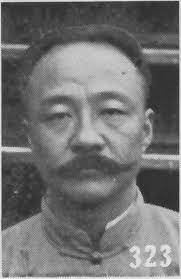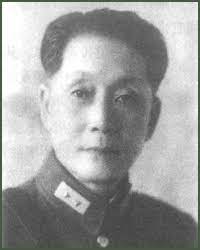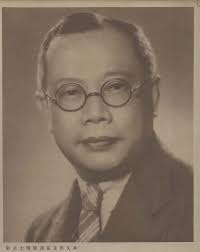Li Lieh-chün 李烈鈞 Orig. Li Lieh-hsun 李烈訓 T. Hsieh-ho 協和 H. Hsia-huang 俠黃 Li Lieh-chün (1882-1946), T'ung-meng-hui military man who commanded troops at Kiukiang, Anking, and Wuchang during the 1911 revolution. As military governor of Kiangsi, he led the Kuomintang's so-called second revolution of 1913. He joined with Ts'ai O and T'ang Chi-yao in leading […]











